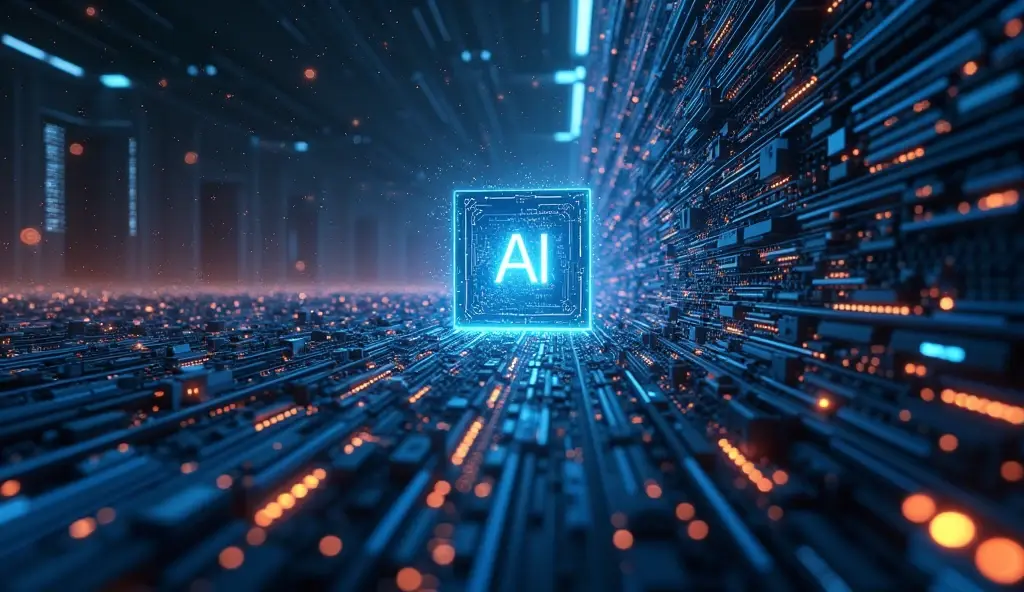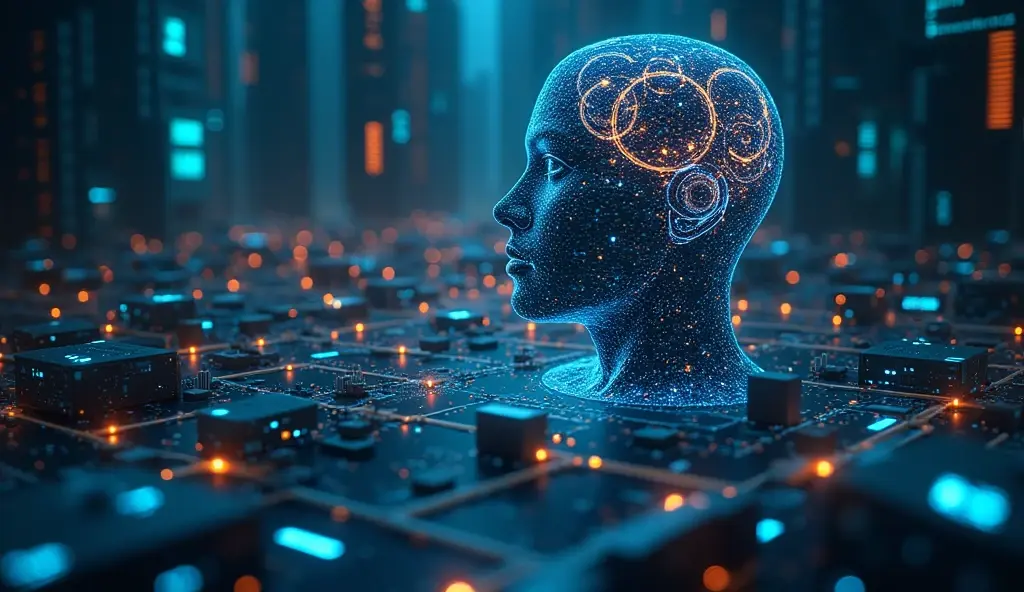How Quantum Computing Will Shape the Future of AI
The fusion of quantum computing and artificial intelligence (AI) has emerged as one of the most transformative technological advances of the 21st century. As AI revolutionizes industries with automation and intelligent decision-making, quantum computing promises to accelerate this transformation by solving problems far beyond the capabilities of classical computers. Let’s delve into how quantum computing will shape the future of AI, enabling breakthroughs in processing speed, problem-solving, and innovation.
1. The Basics of Quantum Computing and AI
Quantum Computing operates on principles derived from quantum mechanics, a branch of physics that studies the smallest particles of the universe. Unlike classical computers, which use binary bits (0 or 1), quantum computers use qubits that can exist in multiple states simultaneously through a property called superposition. This enables quantum computers to process massive datasets and perform parallel computations at unprecedented speeds.
On the other hand, Artificial Intelligence is a field that builds systems capable of mimicking human intelligence, encompassing machine learning, natural language processing, computer vision, and more. AI depends heavily on computational power, particularly for tasks like deep learning, where large-scale datasets require extensive processing.
Earn Online with Zero Investment Secrets
2. Quantum Computing’s Role in AI Acceleration
How Quantum Computing Will Shape the Future of AI lies in its ability to handle complex computations and large-scale optimization tasks. Below are the primary ways quantum computing will contribute:
- Enhancing Machine Learning Algorithms
Quantum computing can significantly speed up machine learning by solving optimization problems more efficiently. Algorithms like quantum support vector machines (SVMs) and quantum neural networks (QNNs) can process data at rates impossible for classical machines. This improvement enables faster training of AI models and improved accuracy in predictions. - Boosting Data Processing
With the exponential growth of big data, classical systems often struggle to manage and process information. Quantum computers can handle enormous datasets simultaneously, enabling AI systems to derive insights from massive volumes of structured and unstructured data more effectively. - Solving Complex Optimization Problems
AI applications like logistics, healthcare, and financial modeling depend on solving optimization problems. Quantum computing excels at finding the best solutions to such problems, paving the way for real-time, accurate decision-making systems. - Revolutionizing Cryptography and AI Security
Quantum computers can decrypt complex encryption algorithms, a capability that can also enhance AI security protocols. By merging quantum-resistant cryptographic methods with AI, we can develop systems that are both robust and future-proof.

3. Practical Applications of Quantum Computing in AI
The combined power of quantum computing and AI has the potential to transform numerous industries.
- Drug Discovery and Healthcare
Quantum computing’s ability to simulate molecular interactions aligns perfectly with AI’s pattern recognition capabilities. This combination can expedite drug discovery, personalize treatments, and predict patient outcomes. - Climate Modeling
Quantum computing enhances AI’s ability to simulate and predict climate patterns, offering better insights into combating global warming. - Financial Forecasting
The financial sector stands to benefit significantly as quantum-enhanced AI models improve risk analysis, fraud detection, and trading strategies. - Advanced Robotics
AI-powered robotics can be taken to the next level with quantum computing’s optimization capabilities, enabling smarter, more autonomous machines. - Space Exploration
NASA and other space agencies can leverage quantum computing for complex trajectory calculations, enabling AI-driven space missions to explore uncharted territories.
4. Challenges in Integrating Quantum Computing with AI
While the potential is immense, several challenges must be addressed before fully realizing how quantum computing will shape the future of AI:
- Technological Maturity
Quantum computing is still in its early stages, with advancements required to stabilize qubits and reduce computational errors. - Cost and Accessibility
Quantum computers are expensive and resource-intensive, making widespread accessibility a significant challenge. - Skill Gap
The integration of quantum computing and AI demands a specialized skill set, which is currently scarce. Bridging this gap requires investments in education and training. - Ethical Concerns
Quantum-enhanced AI could potentially intensify concerns around data privacy, bias, and decision-making transparency.
5. The Road Ahead: Quantum AI Synergy
Despite these challenges, research into quantum computing and AI integration is accelerating globally. Initiatives from technology giants like IBM, Google, and Microsoft are driving quantum innovations, while startups are exploring niche applications. Governments and academic institutions are also collaborating to advance quantum computing’s potential.
Experts believe that within the next decade, we will see practical implementations of quantum-enhanced AI solving real-world problems. This synergy could redefine industries, enabling breakthroughs that were once thought impossible.
How to Earn Money Writing Music for Advertisements
6. How Quantum Computing Will Shape the Future of AI: A Conclusion
The impact of quantum computing on AI is akin to the invention of electricity in the industrial age. By exponentially increasing processing speeds and solving complex problems, quantum computing will elevate AI to new heights of intelligence and efficiency. How quantum computing will shape the future of AI will depend on overcoming current technological and ethical hurdles, but the opportunities far outweigh the challenges.
As the two fields converge, the possibilities are limitless. From transforming industries to addressing global challenges, the combination of quantum computing and AI holds the promise of a smarter, faster, and more sustainable future.

